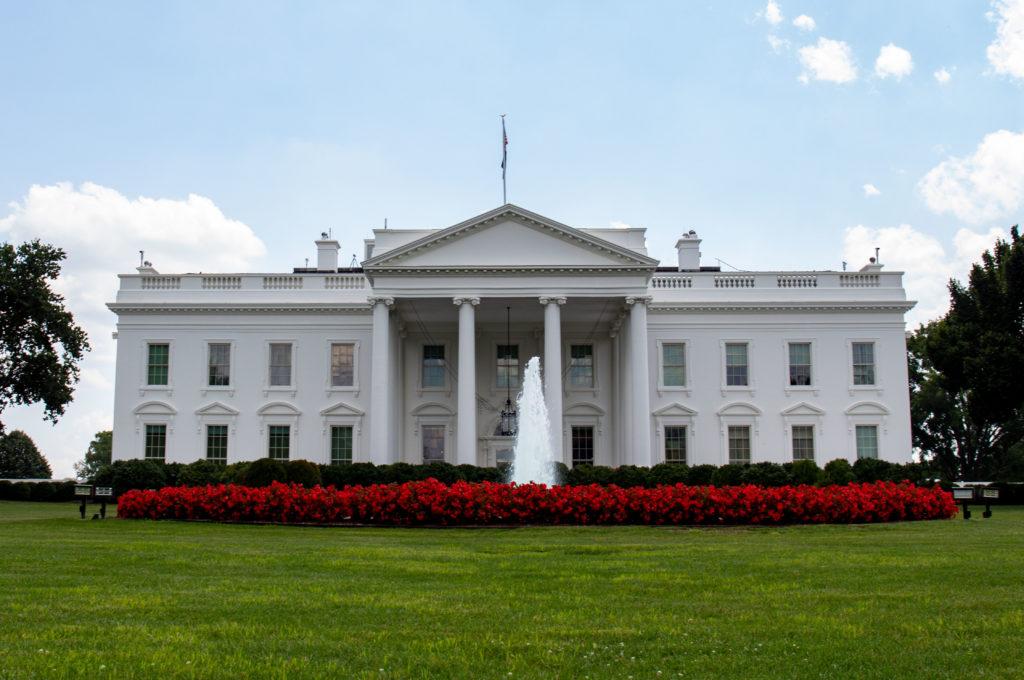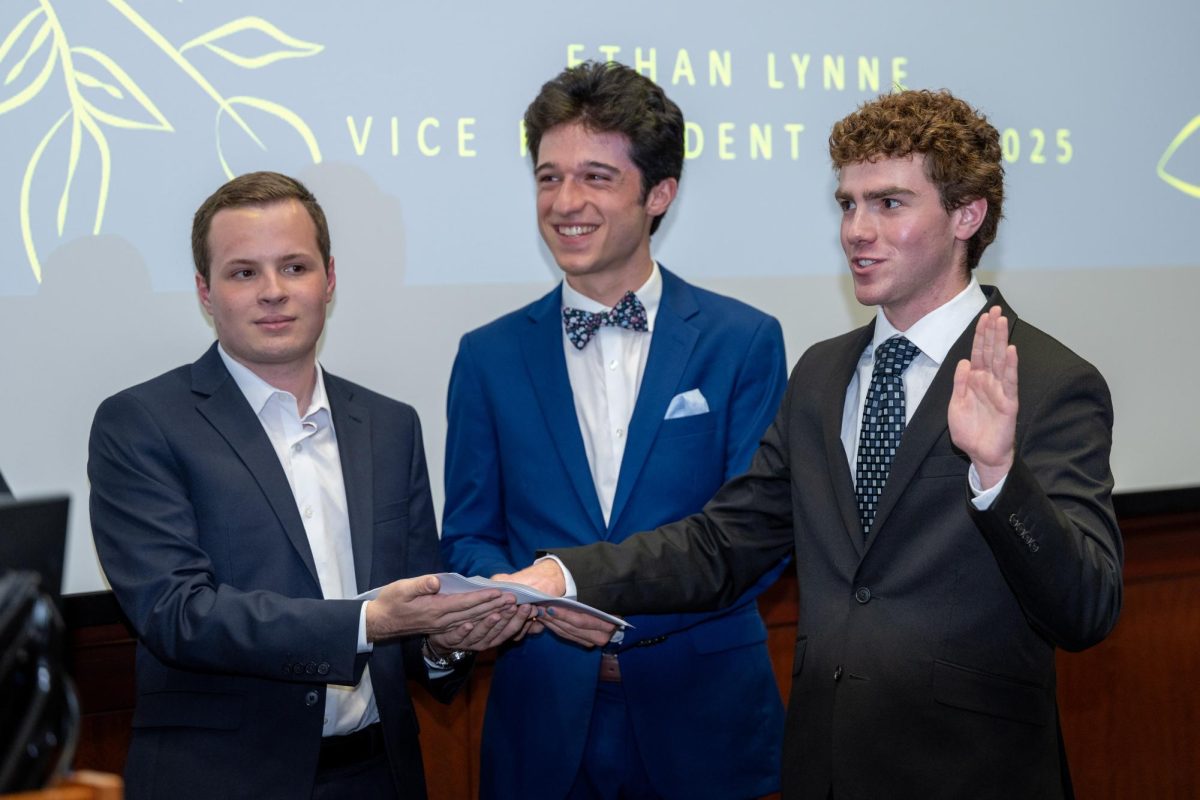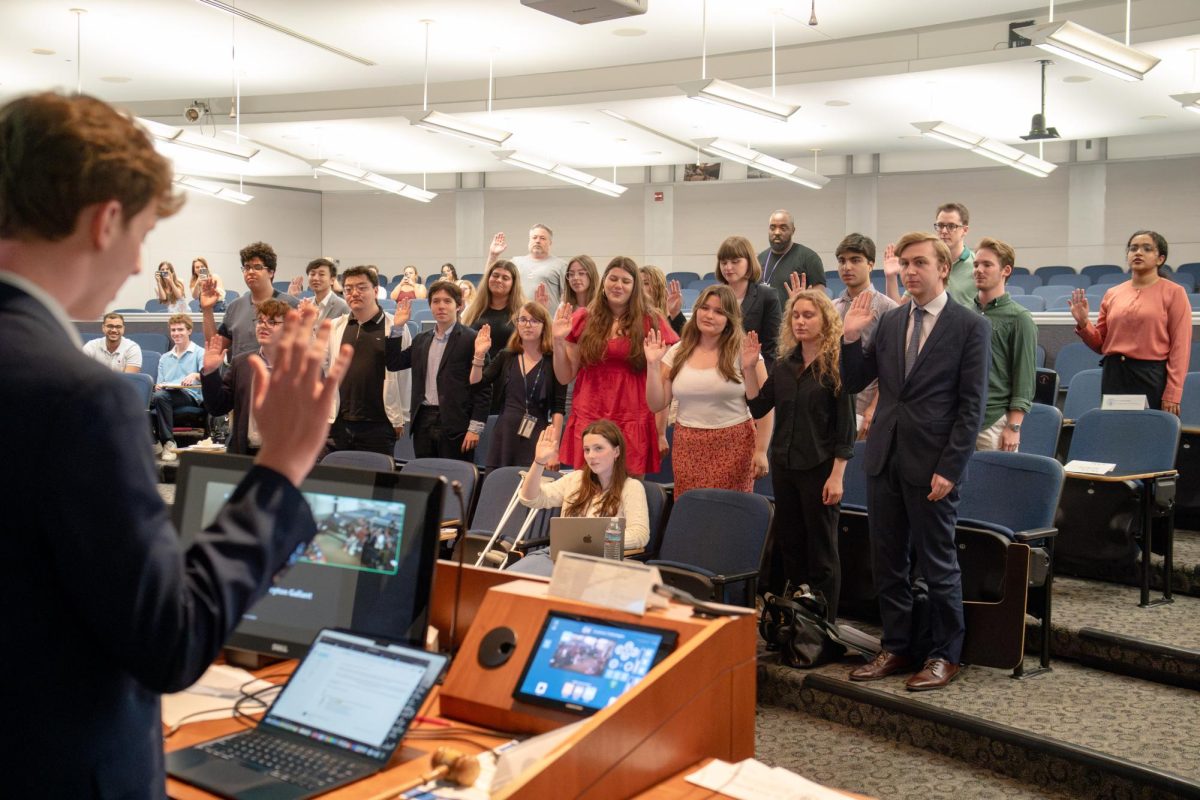While many have been quick to make parallels between the Iraq War and the brutal conflicts of 1960s Vietnam, a professor is saying that he thinks the comparisons are false and uninformed.
Professor Shawn McHale of the Elliott School of International Affairs delivered a lecture Thursday regarding his personal research about the history of guerrilla warfare and drew parallels to the current situation that American forces face in Iraq.
Students, faculty, and the members of the D.C. community attended the event, which was one of several installments in the Elliott School’s Faculty Lecture Series.
McHale, the director of the ESIA Sigur Center of Asian Studies and director of the Asian Studies Program, has researched guerrilla warfare as it modernized after World War II in 1945 and through the French-, American- and Cambodian-Vietnamese conflicts.
“People talking in the public sphere today do not have access to intelligence,” he said. “They do not have as deep an archive to information about guerrilla warfare.”
Citing a recent publication by Stephen Biddle of the Council of Foreign Relations, McHale said, “the struggle in Iraq is a ‘communal civil war, not a people’s war,’ which has very different dynamics.”
“Like a moth attracted to a flame, journalists seem inclined to compare Iraq to Vietnam,” McHale said.
McHale described his travels to several archives around the world, examining first-hand sources that he translated from Vietnamese to understand the growth of guerrillas, their fighting methods and how they have changed over the last 60 years.
“Guerrillas are often vastly inferior to their opponents and must practice unconventional warfare. (They) are expected to stop an opponent from victory, not necessarily win the war,” he said.
“While I am not an Iraq specialist, I assume that similar (practices) are occurring in Iraq,” McHale said. “If everyone is looking to Vietnam for a parallel, its closest and best analogy is not the Vietnam War Americans are familiar with, but the war between 1946 and 1952 when Vietnam fought the French.”
His detailed history of the French-Vietnamese conflict included how the warfare shaped and changed the Vietnamese strategy that was later used to fight the Americans.
“The lessons from the First Indochina War reverberate in the present,” he said. “For the Vietnamese, it was the realization of successful tactics. For the French, it was the necessity of practicing a different kind of war. These are the lessons that generate questions that we should be asking today.”







